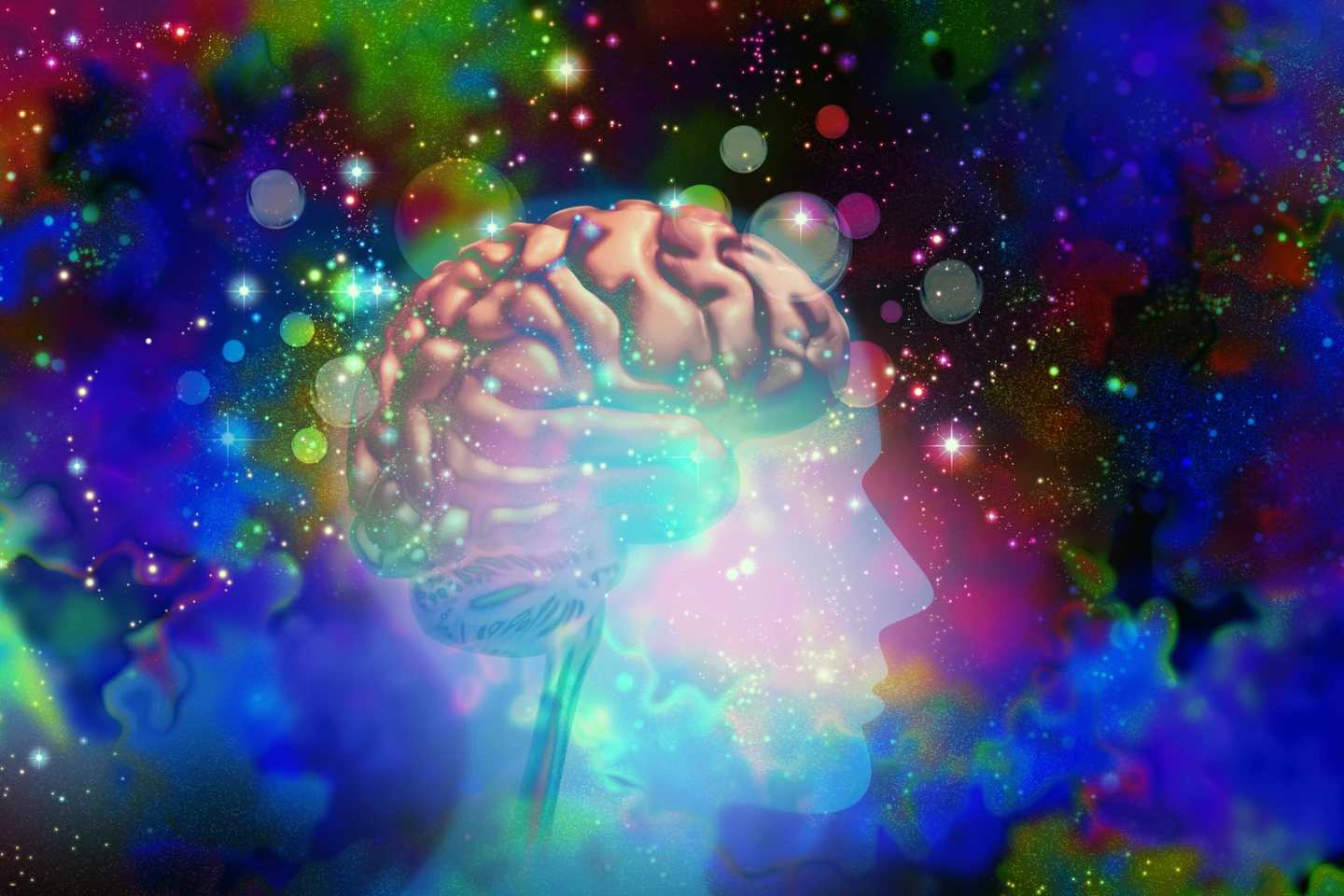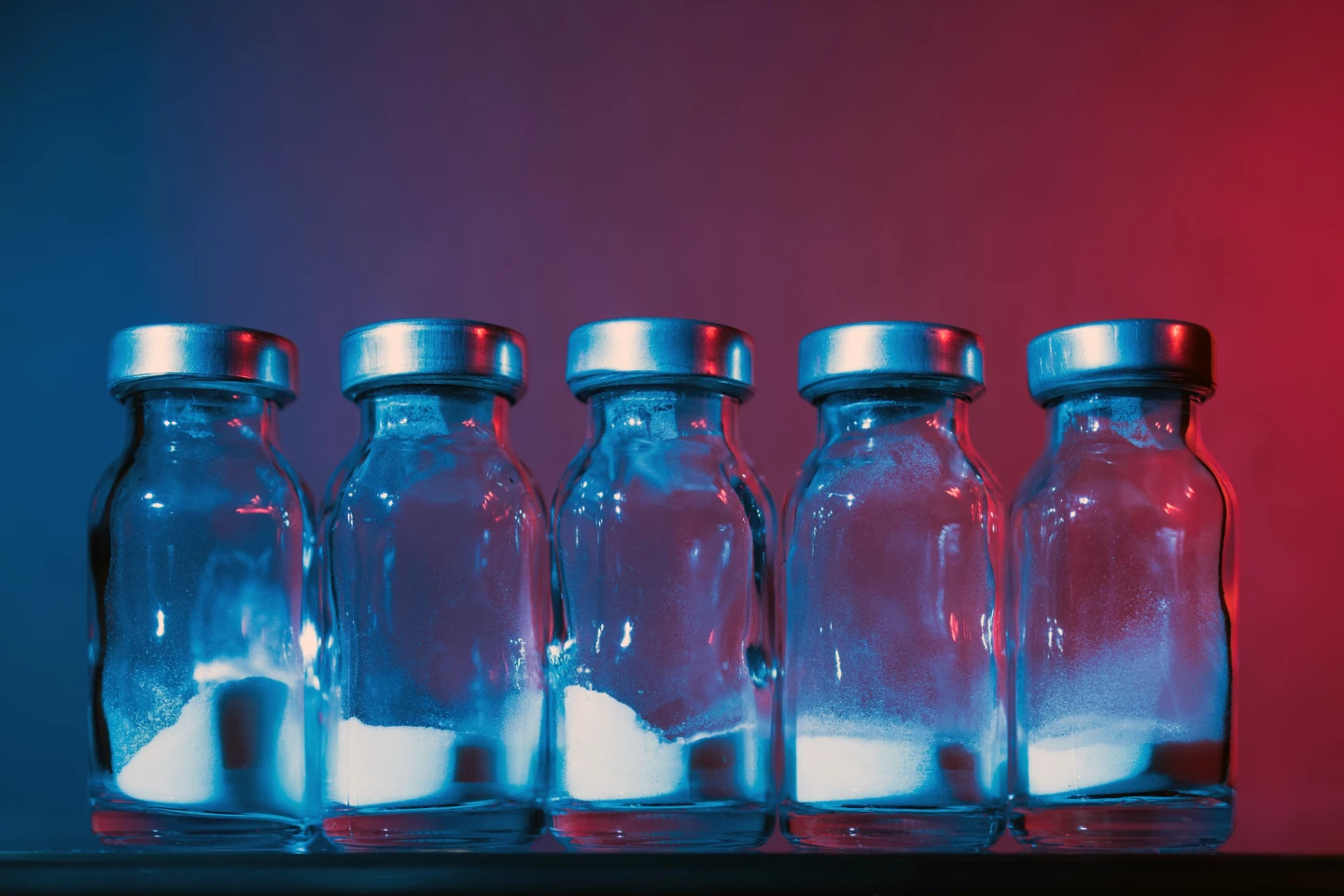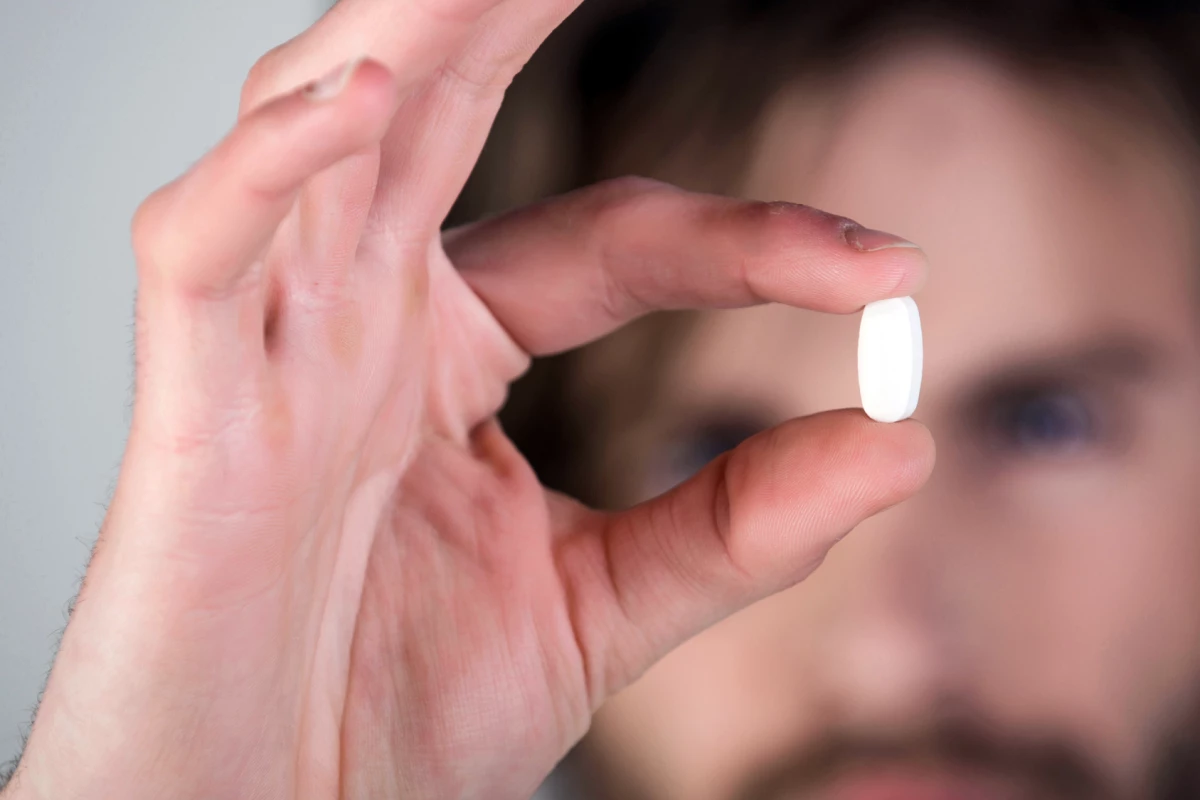Over the last 20 years, the antidepressant effects of ketamine have been well researched. However, most of the published research has been concerned with the injectable or nasal spray versions of the drug. Both require administration under medical supervision and for the patient to be monitored for two hours until side effects subside.
Now, a new study has detailed a clinical trial of ketamine given as a slow-release tablet a couple of times a week, demonstrating promising results in the treatment of severe depression using a form that can be administered at home without medical supervision.
“The kind of results we’re seeing look as good as other ways of giving ketamine and are fascinating for two reasons,” said Professor Colleen Loo, a clinical psychiatrist and researcher with the University of New South Wales Sydney (UNSW Sydney) and the Black Dog Institute (BDI). Loo has previously contributed to research on the injectable and nasal spray versions of ketamine as treatment for depression.
“First of all, there’s the practical clinical reason that this is a way of administering ketamine to treat depression that’s much easier to give,” Loo said. “Rather than having to come to the clinic and have an injection and have medical monitoring for two hours, once or twice a week, this is much more convenient and allows patients to have their treatment at home, making it as convenient as other antidepressant medications. It’s also possible that some people may respond to one approach to treatment, such as the tablet, while others respond to another, such as the injection, so having more treatment approaches is very useful.”

The second reason is that the trial’s findings further our understanding of how ketamine works to treat depression, challenging existing theories in the process.
“There’s one school of thought that says what we call dissociative effects – where you’re feeling a kind of altered reality and perception – are actually integral to the ability to improve the depression with ketamine,” explains Loo. “And that’s very similar to the psychedelic-assisted therapy model that says changing your brain circuit functioning in that very profound way gives you new insights that help you to break out of your way of thinking, and that this acute kind of dissociative altered reality experience is necessary for you to improve.
“But with this tablet form, you don’t experience that because only a tiny amount is released into the bloodstream at a time, with ongoing slow release over days, and you don’t experience the dissociation at all, and yet people are improving,” Loo continues. “So it could be that the theory that you must have these altered reality perceptions to improve may not be correct.”
Professor Paul Glue from the University of Otago, New Zealand, led the Phase 2 randomized controlled trial, which was conducted in collaboration with researchers from UNSW Sydney, BDI, and other Australian and New Zealand research institutions.
A group of 168 adult study participants with treatment-resistant depression were randomly assigned to one of five groups: four received different doses of oral ketamine (30 mg, 60 mg, 120 mg, and 180 mg) twice a week for 12 weeks, and one received a placebo. The success of the medication was measured by changes in a participant’s Montgomery-Åsberg Depression Rating Scale (MADRS) score, a 10-item questionnaire used to quantify the severity of depressive symptoms. The average MADRS score among participants was 30, where a score between 20 and 34 indicates moderate depression.
At week 13, participants taking the highest dose of ketamine, 180 mg, twice a week showed statistically significant and clinically meaningful improvement in depressive symptoms based on MADRS scores, compared to placebo. Their scores dropped by an average of 14 points, down from 30, compared to those taking a placebo, whose scores dropped by eight. Relapse rates – worsening of symptoms – between weeks two and 13 were 43.7% for participants on 180 mg of ketamine compared to 70.3% for placebo participants.

Side effects commonly seen in trials of injectable and nasal ketamine – dissociation, sedation, increased blood pressure – were minimal, and overall, the oral drug was well-tolerated. The most reported adverse events included dizziness, headache, anxiety, depressed mood, and minor feelings of dissociation. Notably, most participants took the medication at home.
As with any psychedelic medication, including injectable and nasal spray ketamine preparations, there are concerns regarding misuse. The researchers addressed this issue directly in the published paper.
“The extended-release ketamine tablets used in this study are exceptionally hard and difficult to shatter,” they said. “This property may make this formulation less likely to be diverted for abuse, due to difficulty in manipulation of the tablets. We were not aware of any participants reporting craving for the tablets, and only one participant was removed from the study for lack of compliance.”
Despite the study’s promising results, the availability of a slow-release ketamine tablet as a treatment for depression is likely years and many millions of dollars away.
“Douglas Pharmaceuticals, which is the New Zealand company that has produced the drug, still needs to do further studies, and it’s important to note this is not approved by the FDA in the US or the TGA [Therapeutic Goods Administration] here in Australia,” Loo said. “But if it does get through all those hoops and becomes an approved treatment, it certainly makes it much more convenient, not to mention cheaper, to use ketamine to treat severe depression.”
The next step is trials with more participants to show that the results are reproducible.
The study was published in the journal Nature Medicine.
Source: UNSW Sydney







